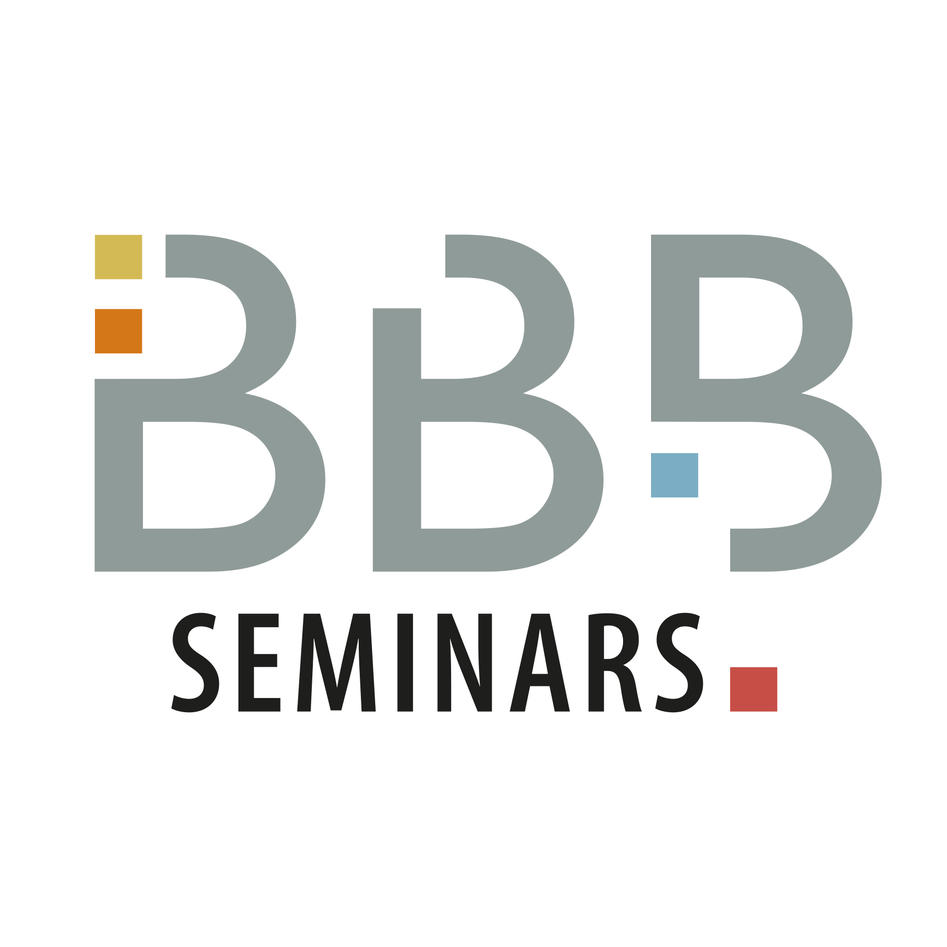CCBIO webinar: Mark LaBarge
Epigenetic priming in mammary epithelia underlies susceptibility to age-related cancers: causes, consequences, and countermeasures
Hovedinnhold
Mark LaBarge
Department of Population Sciences, Beckman Research Institute at City of Hope, Duarte, CA, USA
Aging causes molecular changes that manifest as stereotypical phenotypes yet aging-associated diseases progress only in certain individuals. At lineage-specific resolution, we show how directional and variant age-dependent changes are integrated in mammary epithelia to generate a stereotypical phenotype in luminal epithelial cells – the cancer cell of origin for age-related breast cancers. Strikingly, >94% of all the age-related directional changes in the entire mammary epithelium occur only in luminal epithelial cells, whereas neighboring myoepithelial cells exhibit little obvious change. Increased variance in DNA methylation leads to epigenetic priming for future events that are more directly related to cancer progression, such as demethylation of ESR1-binding regions in a key DNA methylation regulatory protein CXXC5 in older luminal cells and luminal-subtype cancers. Acceleration of age-dependent directional changes in luminal lineage-specific transcription factors, such as ELF5, distinguished women who were at exceedingly high risk of breast cancer thus establishing a connection between specific age-dependent changes and cancer susceptibility. At the proteome level up-regulation of basal markers in luminal cells, including KRT14 and AXL, is a prominent consequence of aging, and DDR1-PEAK1 was identified as an age-dependent signaling kinase in luminal cells, which revealed a potential age-dependent vulnerability for targeted ablation of cancer cells of origin. We hypothesize that increased variance with age in gene expression and DNA methylation explains why some women get breast cancer and others do not, and that some specific directional changes will help to distinguish the women who go on to get age-dependent cancer from those who do not. We are exploring age-dependent changes for applications as risk biomarkers and prevention targets.
Chairperson: Agnete Engelsen, CCBIO
